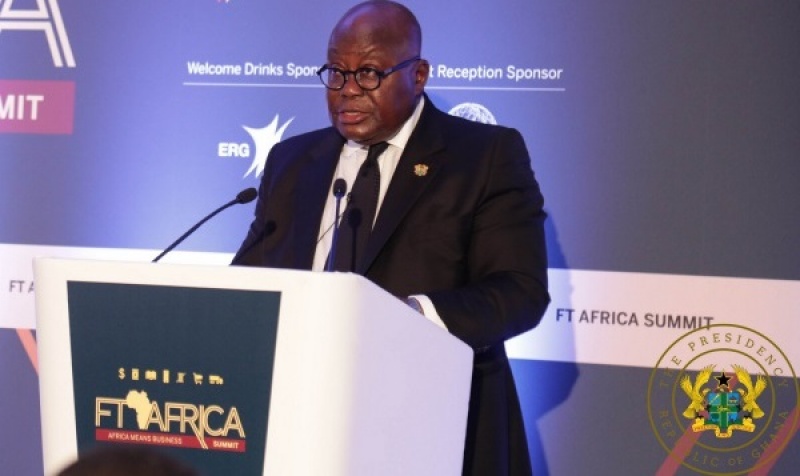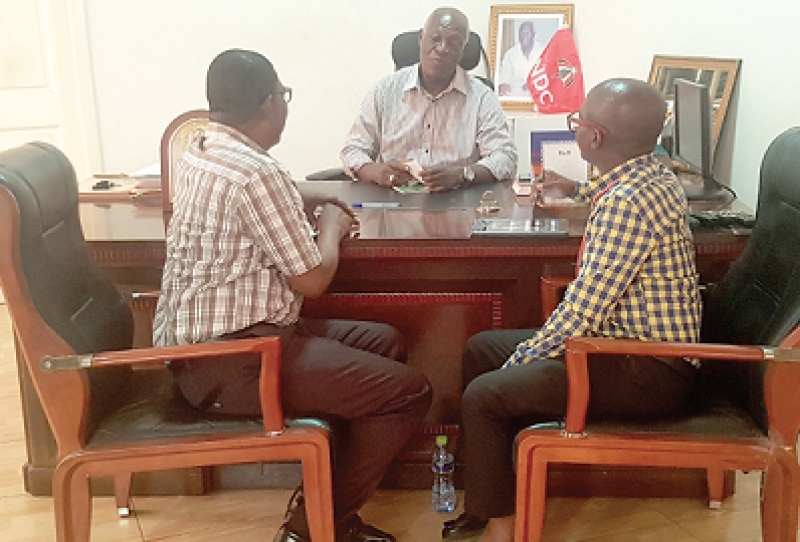
The government will today open a competitive tender process to auction six out of nine prepared oil blocks in the Tano Basin, offshore Cape Three Points in the Western Region.
The move, which the industry has welcomed as timely, also fulfils the country’s plan to increase the production of oil and gas to generate more revenue for development, while ensuring greater transparency and value for money in oil resource utilisation.
Out of the nine blocks, six will be allocated between 2018 and 2019, while the remaining three will form the basis for a second round bidding where nationals are expected to feature prominently.
Low risk basin
The President, Nana Addo Dankwa Akufo-Addo, is expected to open the blocks up for competitive tendering at a short ceremony in Accra.
The Daily Graphic has gathered from highly placed sources in the upstream oil and gas sector that the first six blocks have already seen high expression of interest ahead of the announcement.
The high interest is attributed to the low risk level of the basin and existing infrastructure such as three independent oil production platforms, pipelines, subsea structures for tie-in of marginal fields and unification of nearby discoveries in the Western Basin.
The perfect conditions for achieving a shorter time frame from discovery to oil production the area presents also adds to its low risk level.
It is the first time the country’s oil blocks will be offered to investors in a competitive tendering process since the repealed PNDCL 84, 1984, which used to regulate oil and gas exploration and production activities in the country, was said to be less transparent and ineffective.
Exploration rights
Under the current Petroleum Exploration and Production Act 2016 (Act 919), exploration and production rights will now be awarded through an open, transparent and competitive tendering process, also known under the law as the licensing round.
The sector ministry and the Petroleum Commission, the regulator, believe the process proffered will ensure utmost transparency demanded by both investors and the citizenry.
With the high prospects in oil and gas industry, the new approach is expected to ensure that the country’s oil industry attracts top-notch international oil companies (IOCs) to ensure that the resource is exploited in an efficient, safe, cost effective, sustainable and mutually beneficial manner
Ghanaian companies
The country’s quest to ensure that indigenous companies played active roles in the upstream sector has found space in Act 919 and its governing regulations. The primary provision is for investors to partner with indigenous Ghanaian companies to hold at least five per cent in the business.
Consequently, companies that come through the competitive tendering process are supposed to find indigenous Ghanaian companies to hold at least five per cent equity participation for their petroleum agreement to come into effect.
The Ministry of Energy and the Petroleum Commission have already launched a rigorous campaign to attract investors to the industry but have also been engaging Ghanaian businesses and high net-worth individuals to show interest in participating in upstream oil and gas activities.
Checks by the Daily Graphic has also revealed that several international oil companies have their representatives in the country for the launch.
Source : graphic.com.gh


































